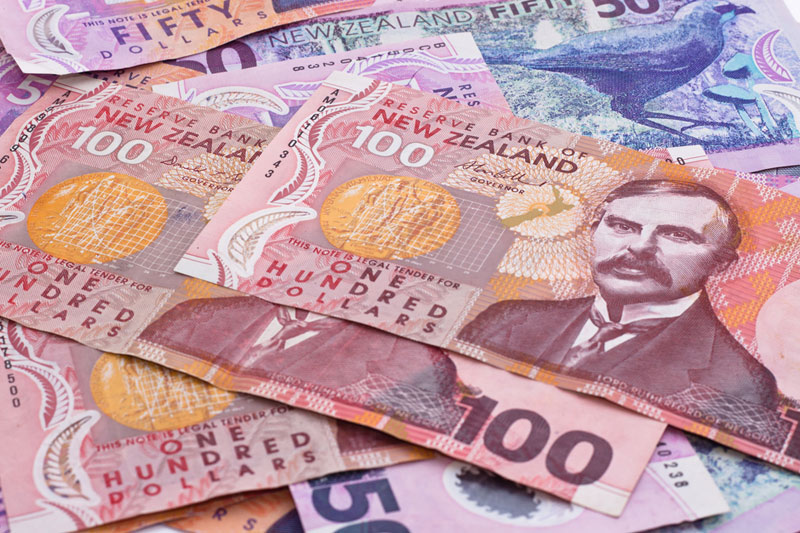Investing.com -- Consumer inflation in New Zealand grew slightly more than expected in the second quarter, data showed on Wednesday, indicating that price pressures remained stubborn despite measures by the Reserve Bank to curb them.
Consumer price index (CPI) inflation grew 6% year-on-year in the three months to June 30, more than expectations for growth of 5.9%, but below the 6.7% growth seen in the first quarter, data from Statistics New Zealand showed.
On a quarter-on-quarter basis, CPI grew 1.1%, slightly above expectations for growth of 1%, and remaining steady from the 1.2% seen in the prior quarter.
Food, housing, and utility prices continued to rise during the quarter, while labor and raw material shortages also kept price pressures heady.
The reading ramped up expectations that the Reserve Bank of New Zealand (RBNZ) would be forced into hiking interest rates further despite signaling a pause earlier this month, with analysts at Westpac stating that another rise in the Official Cash Rate (OCR) appeared likely this year.
“In its recent policy updates, the RBNZ signaled that it expected to keep the OCR at the current level of 5.50% for some time yet. However, with underlying price and wage pressures remaining firm, the RBNZ still has a rocky road ahead,” Westpac analysts said in a note.
The New Zealand dollar rose 0.3% against the greenback after the reading, and hovered near a five-month high as markets priced in more rate hikes by the RBNZ.
While inflation retreated from the 7.2% high seen last year, it still remained well above the RBNZ’s 1% to 3% target range. The central bank signaled that while it intended to pause its rate hike cycle, it would keep rates higher for longer in order to fight inflation.
New Zealand was among the first countries in the world to begin acting against a post-COVID surge in inflation, having begun raising rates in mid-2021.
But these efforts were largely stymied by a slew of bad weather conditions this year, which caused raw material shortages, while rebuilding efforts in their wake also stimulated the economy - a scenario the RBNZ was trying to avoid.
Still, pressure from high inflation and interest rates saw the New Zealand economy enter a technical recession this year, with gross domestic product shrinking for two straight quarters.
